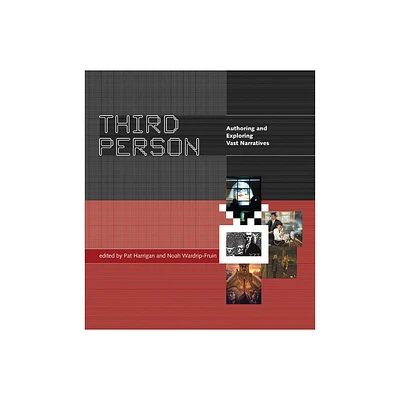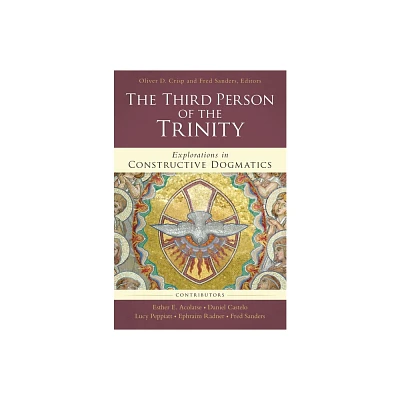Home
Third-Person Self-Knowledge, Self-Interpretation, and Narrative
Loading Inventory...
Barnes and Noble
Third-Person Self-Knowledge, Self-Interpretation, and Narrative
Current price: $139.99


Barnes and Noble
Third-Person Self-Knowledge, Self-Interpretation, and Narrative
Current price: $139.99
Loading Inventory...
Size: Hardcover
*Product Information may vary - to confirm product availability, pricing, and additional information please contact Barnes and Noble
This volume answers questions that lead to a clearer picture of third-person self- knowledge, the self-interpretation it embeds, and its narrative structure. Bringing together current research on third-person self-knowledge and self-interpretation, the book focuses on third-person self-knowledge, and the role that narrative and interpretation play in acquiring it. It regards the third-personal epistemic approach to oneself as a problem worthy of investigation in its own right, and makes clear the relation between third-person self-knowledge, self-interpretation, and narrative capacities.
In recent years, the idea that each person is in a privileged position to acquire knowledge about her own mental states has come under attack. A growing body of empirical research has cast doubt upon the existence of what philosophers call ‘first person self-knowledge’, i.e., knowledge about our mental states that is often thought to be immediate, transparent, and authoritative. Thisline of thought has led some philosophers to claim that what seems to be ‘first-person self-knowledge’ is really just ‘third-person self-knowledge,’ i.e., knowledge about our mental states that is inferential, opaque, and fallible. This book discusses challenges for first-person knowledge and explores the true nature of third-person knowledge.
In recent years, the idea that each person is in a privileged position to acquire knowledge about her own mental states has come under attack. A growing body of empirical research has cast doubt upon the existence of what philosophers call ‘first person self-knowledge’, i.e., knowledge about our mental states that is often thought to be immediate, transparent, and authoritative. Thisline of thought has led some philosophers to claim that what seems to be ‘first-person self-knowledge’ is really just ‘third-person self-knowledge,’ i.e., knowledge about our mental states that is inferential, opaque, and fallible. This book discusses challenges for first-person knowledge and explores the true nature of third-person knowledge.

















